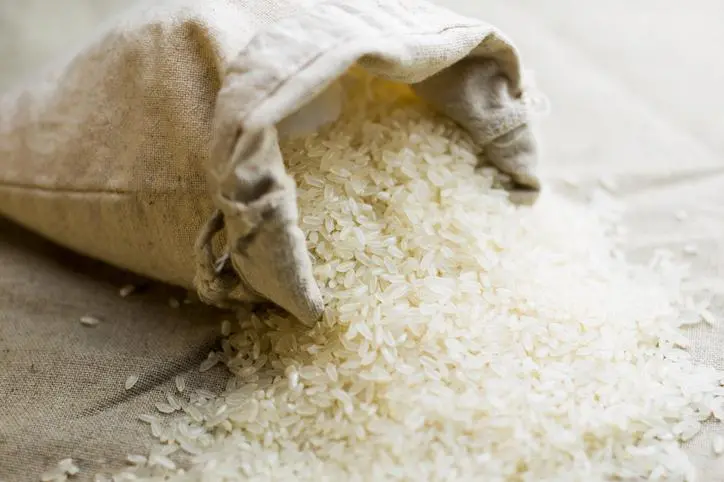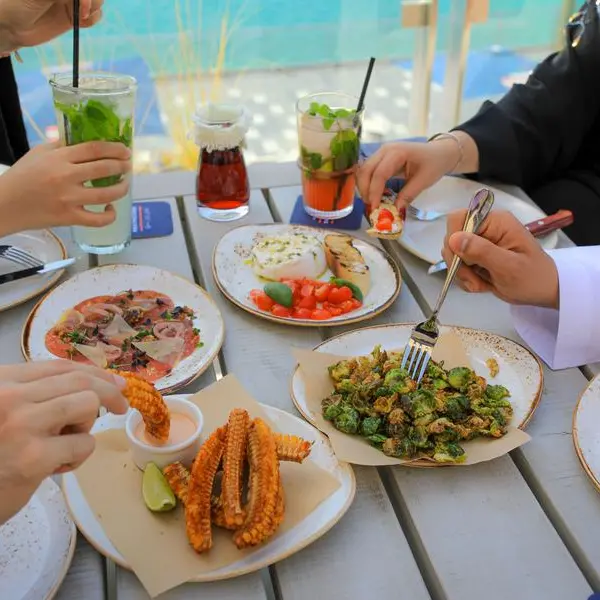PHOTO
As India has banned the export of non-basmati rice since July 20, several UAE residents have resorted to bringing rice from India when they return after their summer vacations. However, for most it is just a matter of preference more than anything.
For Indian expat Shabna, bringing rice from India is more of a habit than necessity. This year as well, she brought her regular pack of 5kgs of rice. “Every year, we bring a certain type of rice that is available in my hometown,” she said. “We get through about five or six kilos of white rice in a month. We have a lot of family and friends here, so we also have a lot of gatherings. This means our rice consumption is also quite high.”
According to Shabna, lugging the packet of rice here probably saves her family Dh3. “It is really not a big saving but when we go to India and we have space in the luggage, we end up bringing the rice back,” she said.
Asked if she was worried about a spike in rice prices, she said it was not a matter of concern for her. “In our household, we use basmati rice the most,” she said. “There are no issues with the export of that. And even if there was, this is the UAE. I am sure that they will find a solution for it.”
India, the world’s largest exporter of rice, banned its exports after a late start to seasonal monsoon rains that impacted the crops and raised fears of a production shortfall. India accounts for more than 40 per cent of world rice exports and send its rice to more than 140 countries.
Another Indian expat Mini Suresh also brought two kilograms of rice from India. “The ration shop in my hometown sells this special kind of rice,” she said. “I love the taste of it so I decided to bring some with me here.”
Mini, who generally buys white rice from Dubai, said that she is fully prepared for a price rise. “I know that the crop yield is bad, and that India needs to look out for its own people,” she said. “So, I understand why there might be an increase in prices, and I am ready to pay that.”
India's ban on rice exports prompted retailers in the UAE to anticipate an initial 40 per cent price surge for the commodity. According to local supermarkets, it is a temporary issue that will be resolved soon once the new suppliers enter the market. Exports from Vietnam, Thailand and Pakistan would fill the supply gap of non-basmati rice in the UAE market.
Copyright © 2022 Khaleej Times. All Rights Reserved. Provided by SyndiGate Media Inc. (Syndigate.info).





















